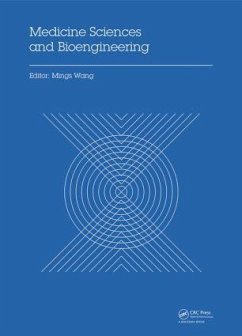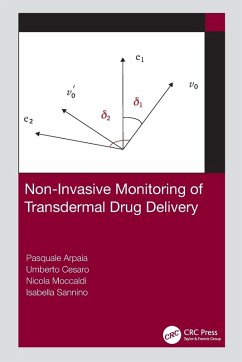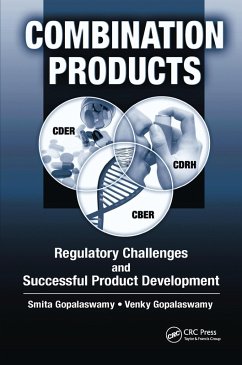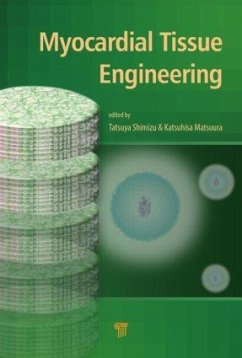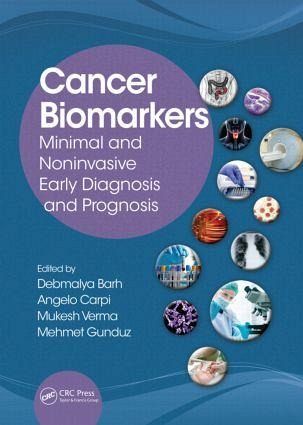
Cancer Biomarkers
Minimal and Noninvasive Early Diagnosis and Prognosis
Herausgeber: Barh, Debmalya; Gunduz, Mehmet; Verma, Mukesh; Carpi, Angelo
Versandkostenfrei!
Versandfertig in über 4 Wochen
342,99 €
inkl. MwSt.

PAYBACK Punkte
171 °P sammeln!
This book classifies available tumor markers according to their principal characteristics and relative methodologies. It presents and discusses the use of the principal tumor markers available for the management of specific cancers (brain, head and neck, oral, gastrointestinal, lung and mesotelioma, urological, gynecological, thyroid, hematological, and melanoma). Each chapter focuses on one type of cancer and is written by physicians or scientists from various countries who blend their clinical experience and scientific expertise in new technologies to provide a definitive account of cancer b...
This book classifies available tumor markers according to their principal characteristics and relative methodologies. It presents and discusses the use of the principal tumor markers available for the management of specific cancers (brain, head and neck, oral, gastrointestinal, lung and mesotelioma, urological, gynecological, thyroid, hematological, and melanoma). Each chapter focuses on one type of cancer and is written by physicians or scientists from various countries who blend their clinical experience and scientific expertise in new technologies to provide a definitive account of cancer biomarker discoveries.




